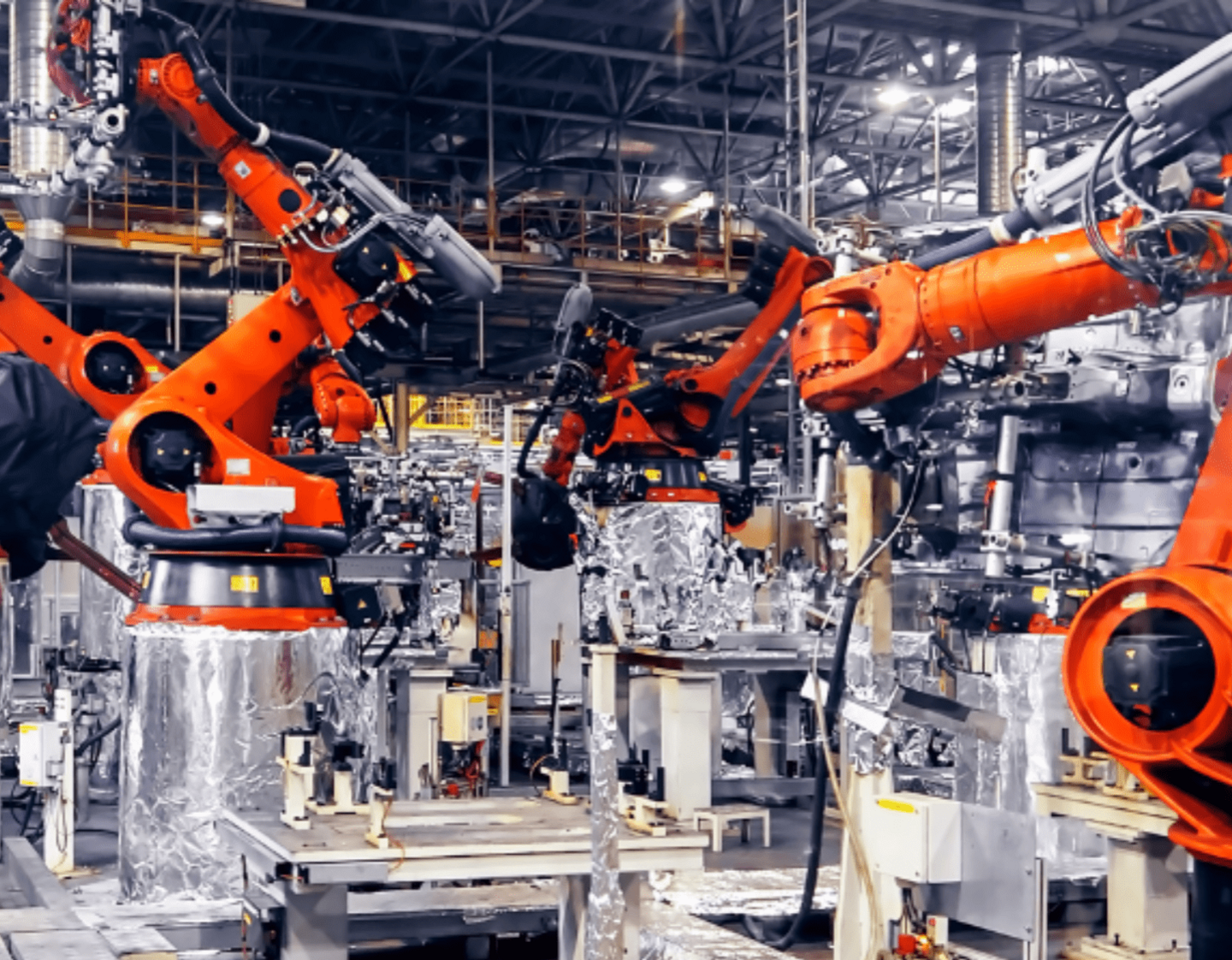Discover the essentials of the Forklift Driver role, from daily responsibilities to career growth and industry outlook.
In various industries such as manufacturing, warehousing, and construction, the role of a Forklift Driver is vital for ensuring the smooth movement of goods and materials. In this in-depth guide, we examine the various responsibilities of a Forklift Driver, discuss how to enter the industry, and explore the qualifications and professional organisations that can help you advance in your career. Additionally, we'll delve into the demand for this skillset and the typical remuneration you can anticipate.
.png)
The Role of a Forklift Driver
A Forklift Driver, also known as a Forklift Operator, is responsible for a range of tasks related to operating a forklift. These duties may include:
Loading and unloading goods and materials
Transporting items within a warehouse or job site
Stacking and organising items in designated areas
Conducting routine maintenance and safety checks on the forklift
Adhering to safety regulations and guidelines
Forklift Drivers work in various industries, playing a crucial role in the efficient handling and organisation of goods and materials.
Entering the Forklift Driver Industry
For those interested in pursuing a career as a Forklift Driver, there are several pathways to enter the field. Common entry points include:
Entry-level positions: Many companies hire Forklift Drivers with little to no experience, offering on-the-job training and opportunities for career growth.
Apprenticeships: Some organisations provide apprenticeship programs that combine practical training with classroom instruction.
Vocational training: Vocational schools and community colleges often offer programs that teach the necessary skills and knowledge for a career in materials handling and transportation.
Qualifications and Professional Bodies
While formal qualifications are not always required for a Forklift Driver role, obtaining certifications and affiliating with professional organisations can help you stand out in the industry:
Forklift Operator Certification (varies by country and region)
International Powered Access Federation (IPAF) Training
Materials Handling Equipment Distributors Association (MHEDA)
Forklift Truck Association (FLTA)
Membership in these organizations and acquiring relevant certifications can showcase your dedication to the field, facilitate networking opportunities, and grant access to valuable resources.
The Demand for Forklift Drivers
As industries continue to expand and the need for efficient materials handling grows, the demand for skilled Forklift Drivers remains robust. Companies are continually seeking capable individuals who can contribute to safe, efficient, and organised movement of goods and materials. Furthermore, with the growing emphasis on eco-friendly and sustainable practices, the need for Forklift Drivers with expertise in this area is increasingly apparent.
Remuneration and Earning Potential
The remuneration for Forklift Drivers may vary based on factors such as experience, location, and industry sector. Entry-level positions typically offer competitive wages, with room for advancement and increased pay as skills and experience develop. Industry data suggests that the average salary for a Forklift Driver ranges from £18,000 to £26,000 per year.
A career as a Forklift Driver offers the opportunity to play a key role in the efficient handling and movement of goods and materials, with ample room for growth and development. By securing relevant qualifications, joining professional organizations, and staying informed about industry trends, you can set yourself up for a successful and fulfilling career in this critical sector. If you're interested in exploring opportunities as a Forklift Driver, begin by researching local companies, training programs, and apprenticeships to find the best fit for your skills and goals.


